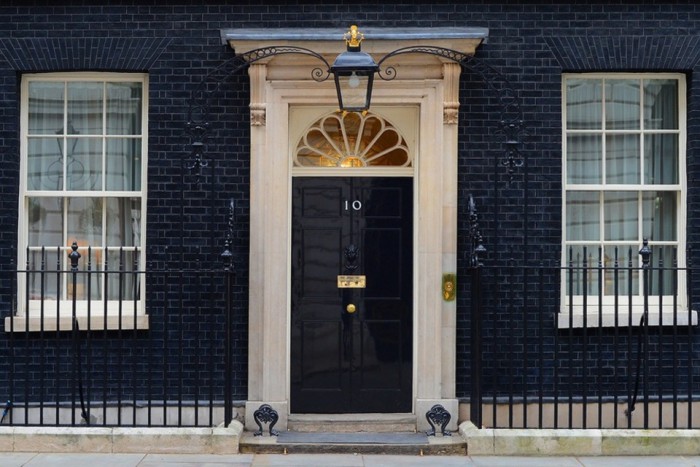The United Kingdom is built on values like democracy, respect and tolerance. These unite the nation, and help our society develop and thrive. They are supported by the overwhelming majority of people in our country. But these values have become challenged and threatened in recent years in an unprecedented way, by extremists seeking to spread hatred, intolerance and division, and to cause harm to individuals and communities. Extremist ideologies, spread through sophisticated use of communications and the internet, have seduced hundreds of Britons to join brutal groups like ISIL, and have led to acts of unspeakable violence. Extremism poses a serious threat, and must be dealt with.
For that reason, the British government on 19 October launched a comprehensive Counter-Extremism Strategy to defeat all forms of extremism, violent and non-violent, Islamist and neo-Nazi. The strategy is designed to improve our understanding of extremism and take action in four principal areas: countering extremist ideology, building partnership with all those opposed to extremist ideologies, disrupting extremists, and building stronger, more resilient and more cohesive communities. Its focus is on the threat from extremism in the UK, but we will also work internationally to reinforce our efforts at home given the connections between extremism in the UK and extremism elsewhere in the world.
Extremism is defined in the UK as “the vocal or active opposition to our fundamental values, including democracy, the rule of law, individual liberty and the mutual respect and tolerance of different faiths and beliefs”. Tackling extremism does not mean preventing people holding diverse opinions. Disagreement is an essential part of our thriving democracy, even if a different view might cause offence. But extremists go further. They promote hatred. They call on people to reject, persecute or abuse others. They don’t allow room for debate and try to force their views on others. They offer the opposite of what Pope Francis in a recent interview has called the “encounter through dialogue”, characterised by “examples of peaceful co-existence and collaboration between men and women of different religious faiths, so that open wounds that were left open in recent tragic conflicts might be healed”.
The Prime Minister has called this “the struggle of our generation”. It is a struggle that the United Kingdom is determined to win.

